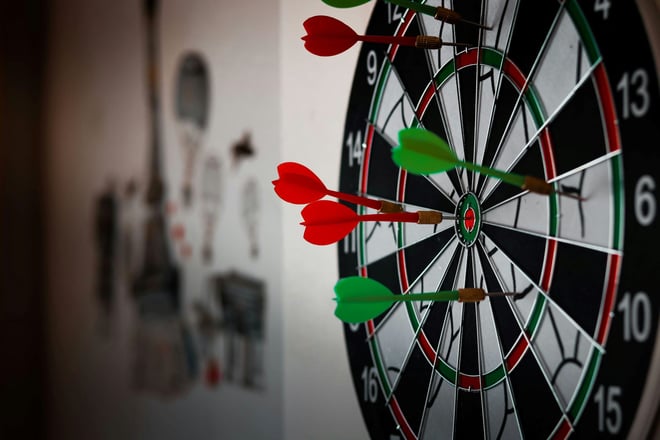A black bear looks similar to a dark rock. But if you're ever trapped on a path with the bear on one end and the rock on the other, you'll know in which direction to run. When you've clambered over the rock and are far enough from the bear, you can thank your brain for saving your life. It used the contrast principle to emphasize the differences between the bear and the rock. It made the bear look more different from the rock than it actually is.
The contrast principle used to save lives, but is now used to manipulate us. Why do you think real estate agents first take you to highly overpriced properties before they take you to moderately overpriced ones? Because a $250,000 apartment seems like a bargain when you've just been to a $500,000 one.
The contrast principle is a cognitive bias that makes one thing seem very different from a similar thing, simply because they're both placed together. Our brain emphasizes the differences because it's easier to make decisions in a black-and-white world over one where uncertainty rules.
It's the reason why car dealers suggest options after you've agreed on the price of the car. Leather seats and Bose speakers for an extra $5,000 seem reasonable when you've just agreed to a $35,000 car.
No one is immune to the contrast principle, even if you're aware of it. But you can protect yourself against manipulation by flipping the principle around and using it in your favor.
- Go to the cheaper apartments before you go to the expensive ones.
- Don't agree on the price of a car unless you've also agreed on its options.
The contrast principle leads to the deeply philosophical conclusion that we never see something as it truly is. Everything we see is influenced by what we saw just before. Keep that in mind next time you make a big decision.



